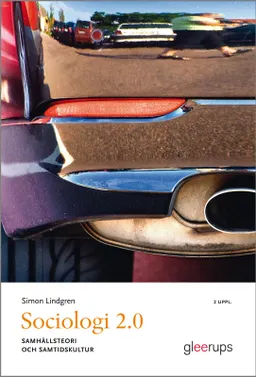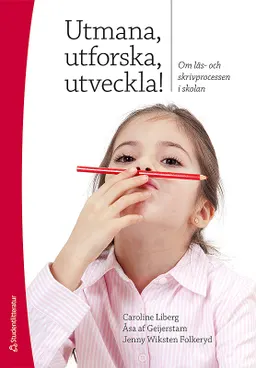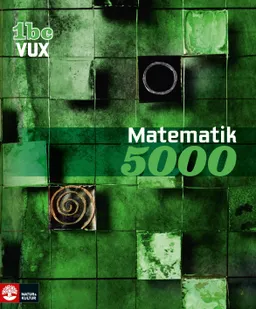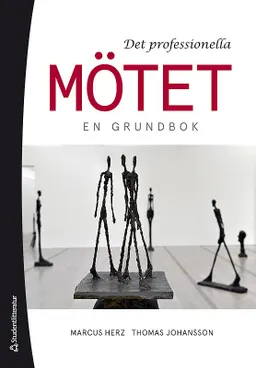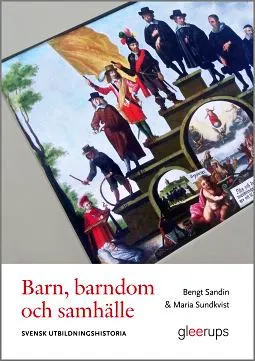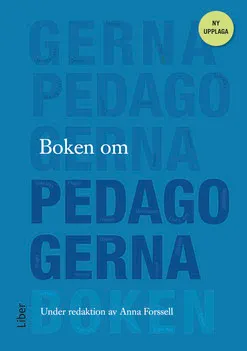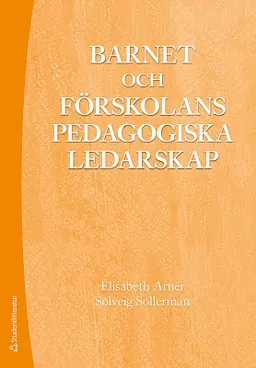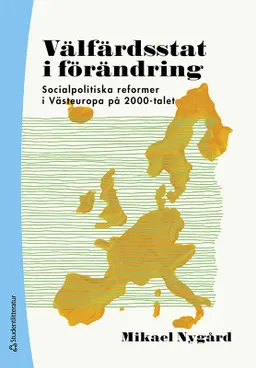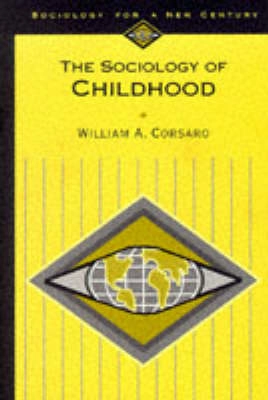

The Sociology of Childhood
- Utgiven: 1997
- ISBN: 9780803990111
- Sidor: 320 st
- Förlag: SAGE PUBLICATIONS INC
- Format: Häftad
- Språk: Engelska
Om boken
Åtkomstkoder och digitalt tilläggsmaterial garanteras inte med begagnade böcker
Mer om The Sociology of Childhood (1997)
I april 1997 släpptes boken The Sociology of Childhood skriven av Corsaro William A.. Den är skriven på engelska och består av 320 sidor. Förlaget bakom boken är SAGE PUBLICATIONS INC.
Köp boken The Sociology of Childhood på Studentapan och spara pengar.
Referera till The Sociology of Childhood
Harvard
Oxford
APA
Vancouver



